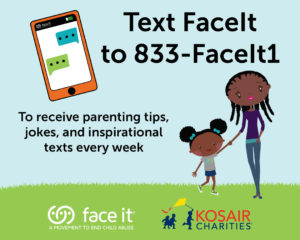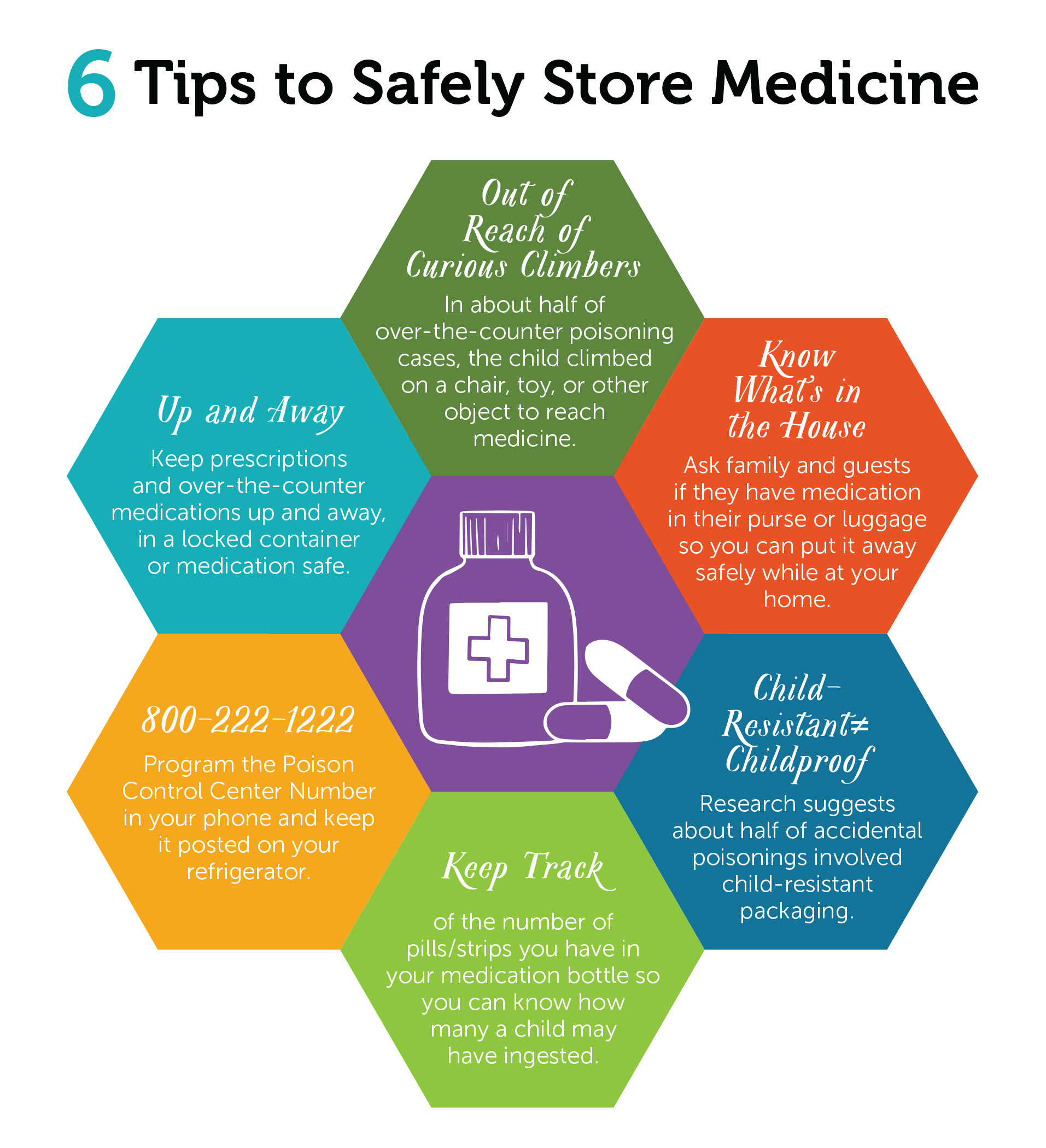Sources
Thank you to Safe Kids Worldwide and the Centers for Disease Control and Prevention (CDC) for providing content.
This publication was supported by Grant or Cooperative Agreement number NU17CE924971, funded by the Centers for Disease Control and Prevention. Its contents are solely the responsibility of the authors and do not necessarily represent the official views of the Centers for Disease Control and Prevention or the Department of Health and Human Services.
1 Salzman, M, Cruz, L., Nairn, S., Bechmann, S., Karmakar, R. & Baumann, B.M. (2019). The prevalence of modifiable parental behaviors associated with inadvertent pediatric medication ingestions. Western Journal of Emergency Medicine, 20(2), 269-277.
2 Kentucky Child Fatality and Near Fatality External Review Panel 2020 Annual Report





